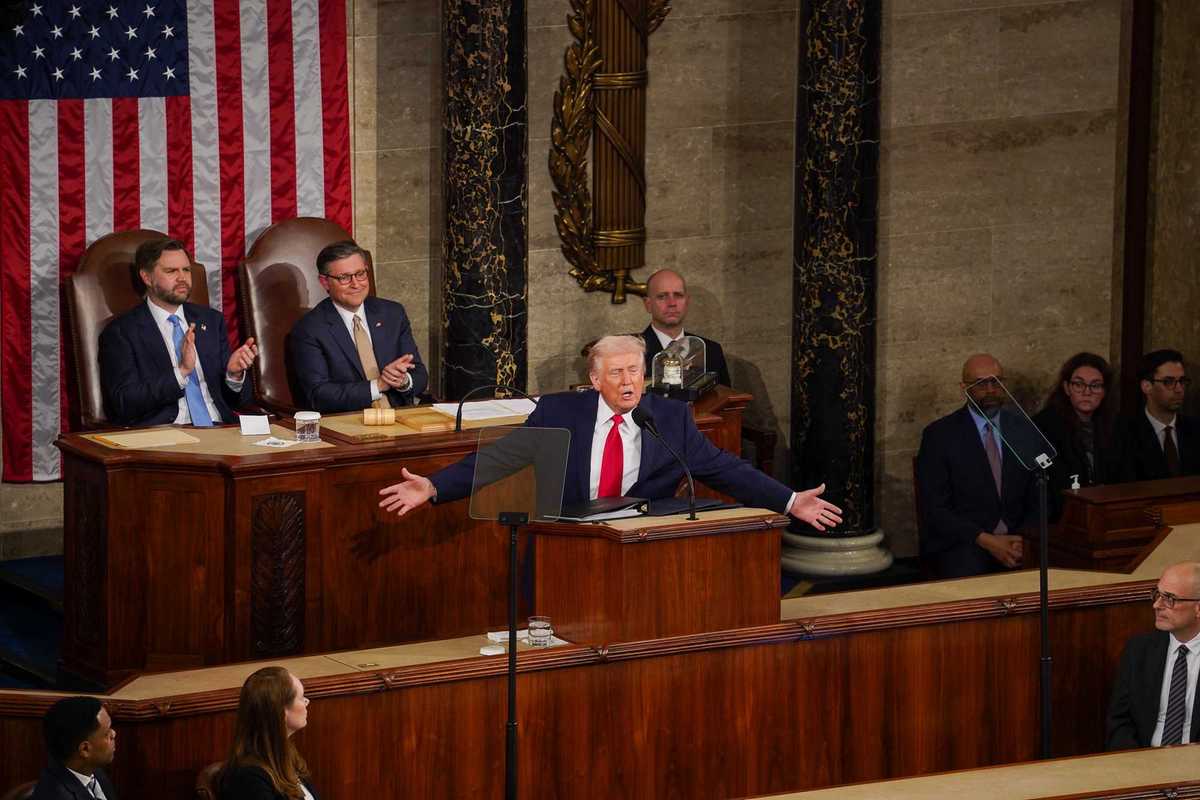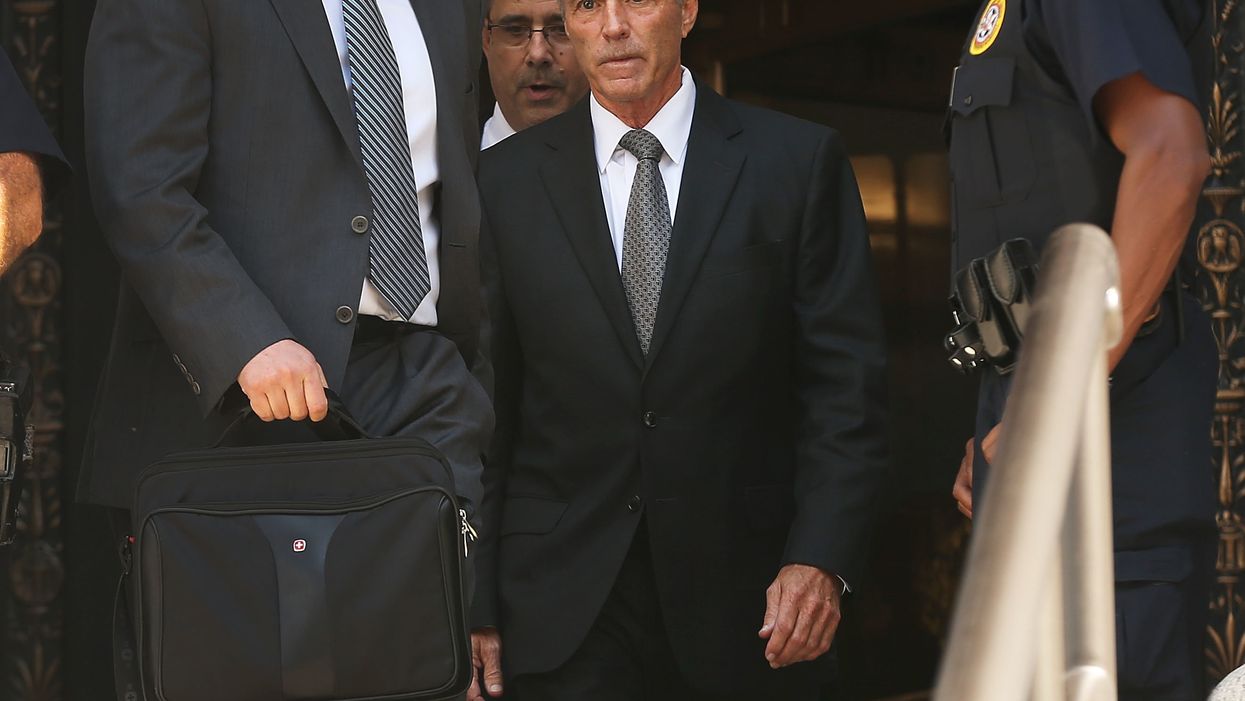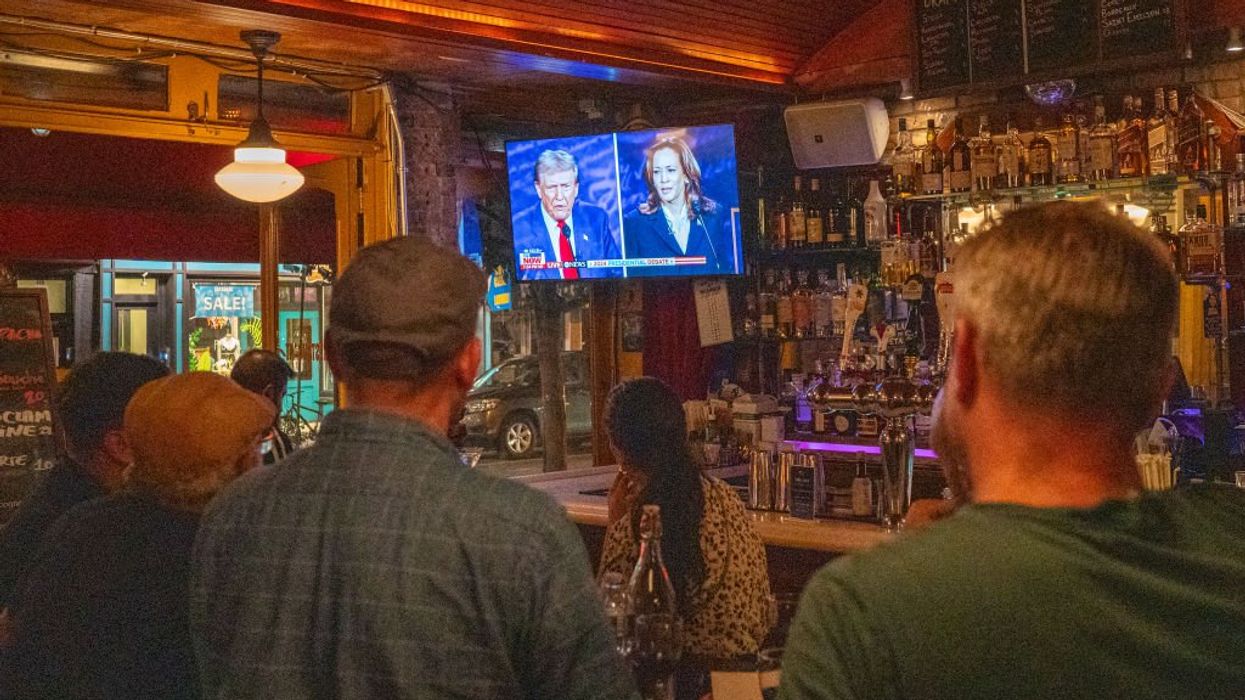The prohibition on House members serving as directors of outside groups should include nonprofit and private company boards, not only publicly traded enterprises, three prominent watchdog groups say.
The House has barred its members from such corporate boards only since January. The new Democratic majority changed the rules largely in response to the case of Republican Rep. Chris Collins of New York, charged a year ago with fraud, conspiracy and lying to the FBI in an alleged insider stock trading scheme involving Innate Immunotherapeutics, a biotech company where he was a board member. (Collins was re-elected last fall and is set to go on trial in February.)
The rules change resolution also set up a pair of House members to help the Ethics Committee recommend by the end of the year whether members and their aides should also be restricted from holding other outside positions.
Craig Holman of Public Citizen, a progressive consumer and democracy reform advocacy group, told the panel that House members holding board positions at private entities pose a widespread risk of conflicts of interest. He cited unpublished reporting by The New York Times that at least 60 members sit on the boards of private companies, most of which are limited liability corporations.
"I would like to again urge you to go a little further than banning members from sitting on publicly owned corporate boards," he said at a hearing in late July. "The same types of conflicts of interest apply to for-profit corporations. And so, I encourage you to take a look at extending the ban to for-profit corporations across the board."
That recommendation was also endorsed in a written statement from Issue One, a cross-partisan political reform group. (It is incubating, but journalistically independent from, The Fulcrum)
Susan Wild of Pennsylvania, the Democrat on the working group, said she was "very concerned" about members' relationship to LLCs. At a minimum, she said she would propose that all partners in such entities be disclosed on congressional financial disclosures.
Donald Sherman, deputy director at Citizens for Responsibility and Ethics in Washington (CREW), said the potential for conflicts of interest also applies to positions at closely held companies.
CREW, Public Citizen and Issue One also asked the committee to consider restricting members from taking board positions at nonprofit organizations, specifically those that lobby the federal government, receive public funds or engage in "dark money" spending to influence elections.
Delaney Marsco, an ethics attorney at Campaign Legal Center, said the new rule banning positions at publicly traded companies was an "important first step" but urged the House to go further, including a ban on members holding positions at companies with federal contracts.
Other recommendations to the working group included further restricting congressional stock trading or ownership. But the Republican member, Van Taylor of Texas, reminded the witnesses that the panel's charge was limited to studying outside positions.




















U.S. Secretary of State Marco Rubio delivers a keynote speech at the 62nd Munich Security Conference on Saturday, Feb. 14, 2026, in Munich, Germany.
Marco Rubio is the only adult left in the room
Finally free from the demands of being chief archivist of the United States, secretary of state, national security adviser and unofficial viceroy of Venezuela, Marco Rubio made his way to the Munich Security Conference last weekend to deliver a major address.
I shouldn’t make fun. Rubio, unlike so many major figures in this administration, is a bona fide serious person. Indeed, that’s why President Trump keeps piling responsibilities on him. Rubio knows what he’s talking about and cares about policy. He is hardly a free agent; Trump is still president after all. But in an administration full of people willing to act like social media trolls, Rubio stands out for being serious. And I welcome that.
But just because Rubio made a serious argument, that doesn’t mean it was wholly persuasive. Part of his goal was to repair some of the damage done by his boss, who not long ago threatened to blow up the North Atlantic alliance by snatching Greenland away from Denmark. Rubio’s conciliatory language was welcome, but it hardly set things right.
Whether it was his intent or not, Rubio had more success in offering a contrast with Vice President JD Vance, who used the Munich conference last year as a platform to insult allies and provide fan service to his followers on X. Rubio’s speech was the one Vance should have given, if the goal was to offer a serious argument about Trump’s “vision” for the Western alliance. I put “vision” in scare quotes because it’s unclear to me that Trump actually has one, but the broader MAGA crowd is desperate to construct a coherent theory of their case.
So what’s that case? That Western Civilization is a real thing, America is not only part of it but also its leader, and it will do the hard things required to fix it.
In Rubio’s story, America and Europe embraced policies in the 1990s that amounted to the “managed decline” of the West. European governments were free riders on America’s military might and allowed their defense capabilities to atrophy as they funded bloated welfare states and inefficient regulatory regimes. Free trade, mass migration and an infatuation with “the rules-based global order” eroded national sovereignty, undermined the “cohesion of our societies” and fueled the “de-industrialization” of our economies. The remedy for these things? Reversing course on those policies and embracing the hard reality that strength and power drive events on the global stage.
“The fundamental question we must answer at the outset is what exactly are we defending,” Rubio said, “because armies do not fight for abstractions. Armies fight for a people; armies fight for a nation. Armies fight for a way of life.”
I agree with some of this — to a point. And, honestly, given how refreshing it is to hear a grown-up argument from this administration, it feels churlish to quibble.
But, for starters, the simple fact is that Western Civilization is an abstraction, and so are nations and peoples. And that’s fine. Abstractions — like love, patriotism, moral principles, justice — are really important. Our “way of life” is largely defined and understood through abstractions: freedom, the American dream, democracy, etc. What is the “Great” in Make America Great Again, if not an abstraction?
This is important because the administration’s defenders ridicule or dismiss any principled objection critics raise as fastidious gitchy-goo eggheadery. Trump tramples the rule of law, pardons cronies, tries to steal an election and violates free market principles willy-nilly. And if you complain, it’s because you’re a goody-goody fool.
As White House Deputy Chief of Staff Stephen Miller said not long ago, “we live in a world … that is governed by strength, that is governed by force, that is governed by power. These are the iron laws of the world that have existed since the beginning of time.” Rubio said it better, but it’s the same idea.
There are other problems with Rubio’s story. At the start of the 1990s, the EU’s economy was 9% bigger than ours. In 2025 we were nearly twice as rich as Europe. If Europe was “ripping us off,” they have a funny way of showing it. America hasn’t “deindustrialized.” The manufacturing sector has grown during all of this decline, though not as much as the service sector, where we are a behemoth. We have shed manufacturing jobs, but that has more to do with automation than immigration. Moreover, the trends Rubio describes are not unique to America. Manufacturing tends to shrink as countries get richer.
That’s an important point because Rubio, like his boss, blames all of our economic problems on bad politicians and pretends that good politicians can fix them through sheer force of will.
I think Rubio is wrong, but I salute him for making his case seriously.
Jonah Goldberg is editor-in-chief of The Dispatch and the host of The Remnant podcast. His Twitter handle is @JonahDispatch.